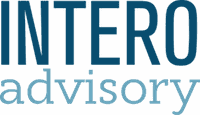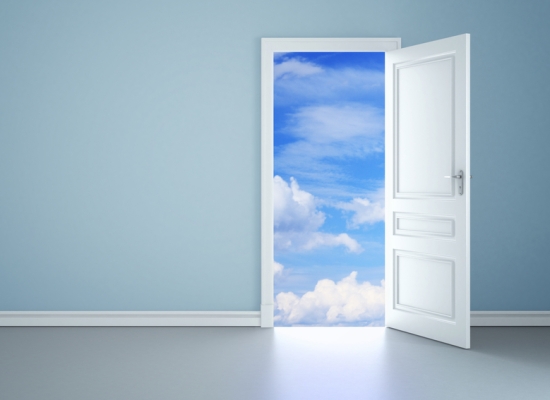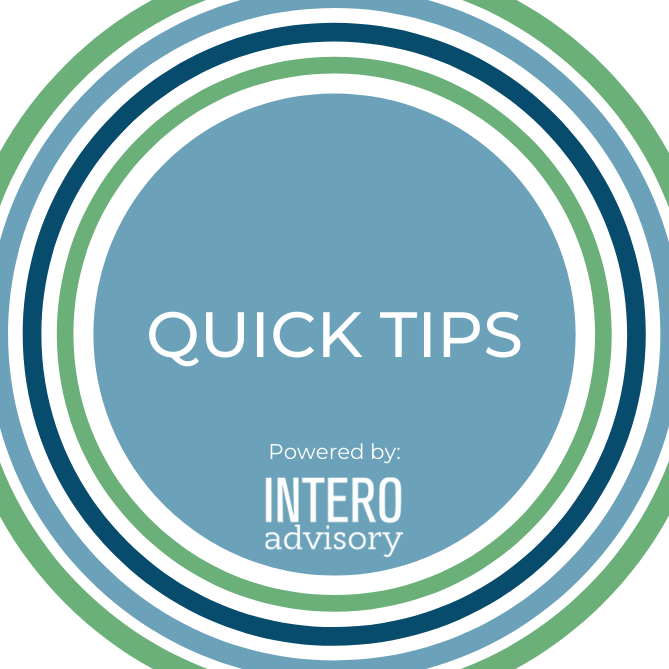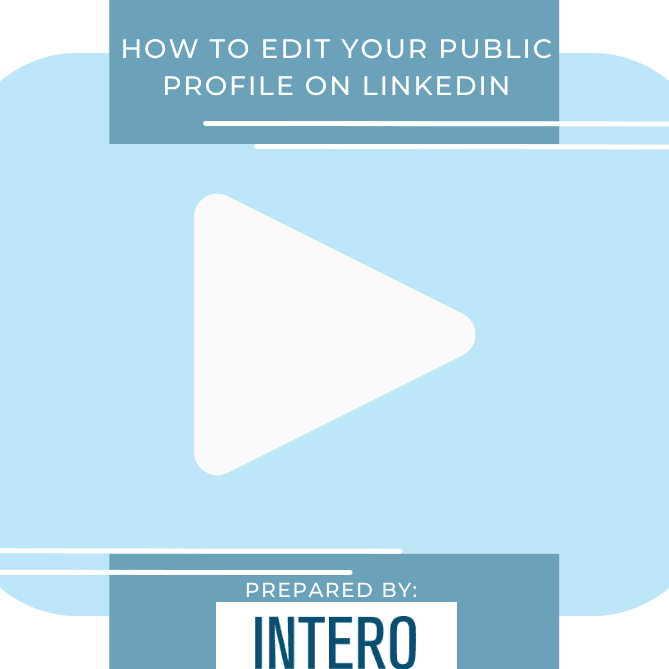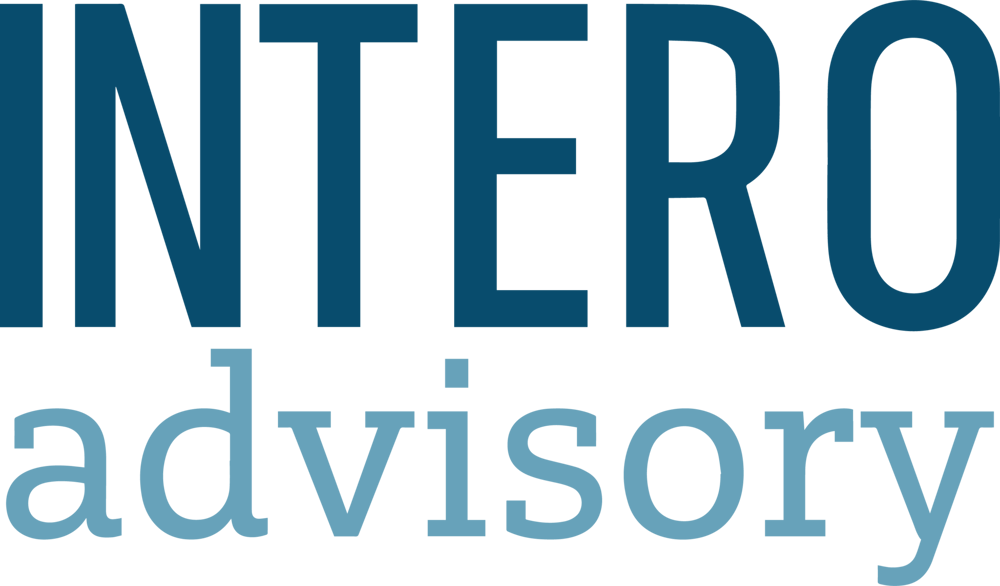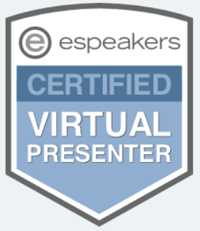I listened carefully as Andrew Coy, Co Executive Director, Community Relations of the Digital Harbor Foundation was interviewed by Newt Fowler at the Why Design Matters – An Evening of Networking and Insight in Baltimore last night. When he mentioned how students and people need to embrace accidentally discovery I really tuned in.
I consider myself a natural learner, every day is a better day if I learn one new thing, (it’s often just a simple little thing—Thursday I learned about Jambox bluetooth speakers, thanks John Leahy) and I realize that what I learn accidentally is as important as what I set out to learn, or intentional discovery.
As a LinkedIn member, I am intentionally strategic and set out to network, connect, share and engage in a purposeful and authentic way. I know what I am doing, I am efficient, diligent and systematic. It’s all good. I grow my network, set meetings, introduce people and asked to be introduced. I like the way LinkedIn works, it’s easy for me.
But throughout the years, LinkedIn’s network has provided the most fascinating source of accidental discovery for me. To me, LinkedIn is an abundant source of discovery: former colleagues, classmates, clients and new connections. It’s a crazy and exhilarating frontier of opportunity.
When I consider accidental discovery and how it works, I realize it describes so many of the serendipitous opportunities that seem to appear out of nowhere and the people I have met in my career and since starting Intero who have shared insight, challenged me, and worked alongside me. I actually know they weren’t so accidental, at least thats what I believe, but I know if I had not been open-minded, working from a position of “yes” or “maybe” or “hmmm, let’s consider that,” there would have been no discoveries at all.
So when do accidental discoveries happen? Here are my top three.
- When you are heads-up not heads-down. Many of the great accidental discoveries we make are relational and they are in real time, not just in cyberspace via LinkedIn, Facebook, or Twitter. I have met and connected with people online, which prompted meeting them in person and that’s when the accidental discovery turned real and alive. There was someone I met at the party the other evening that I was connected to on LinkedIn but had never met. He is a bit under the radar on LinkedIn but in person incredibly delightful and interesting. We had a good conversation, the first of many I hope occur.
- When you feel safe. Whether it’s in a safe physical space in the inner city (This is crucial for the young people Andrew Coy works with) or in your own head. Safety matters. It often rests on how vulnerable you are willing to be within a certain community. When you over think the ‘how’ of social, you often miss the opportunity. The people most comfortable in social just do it (within good common sense and reason, of course). Just say hello first, it’s often the best way to begin.
- When the potential for gain outweighs your anxiety. Regardless of where we are in our organization we are all in sales. Just read a chapter or two of Dan Pink‘s new book, To Sell Is Human. Connecting the dots in conversations, offering up a suggestion, sharing insight and pointing people in the right direction (even if it’s not business for you) increases your value and your gain is good karma, a reason for others to reach out to you again.
So when I lift my head up, go somewhere different for coffee, join different LinkedIn groups, network in different communities, engage with people outside my industry I accidentally discover new people who allow me to strengthen my skills and insight. From there new opportunities present themselves. In the end, hopefully all of this simply makes me a more interesting human being.
Are you an accidental discoverer? What’s your favorite accidental discovery? We all have them, it’s whether we take notice of them that’s important.
Andrew thank you for sharing your insight the other evening, your work is important and I look forward to connecting with you. Thanks to the other speakers, Jon Constable, Partner, Seawall Development and Rodney Foxworth, Community Engagement Manager—Frontline Solutions International who also shared their vision of design and community.
